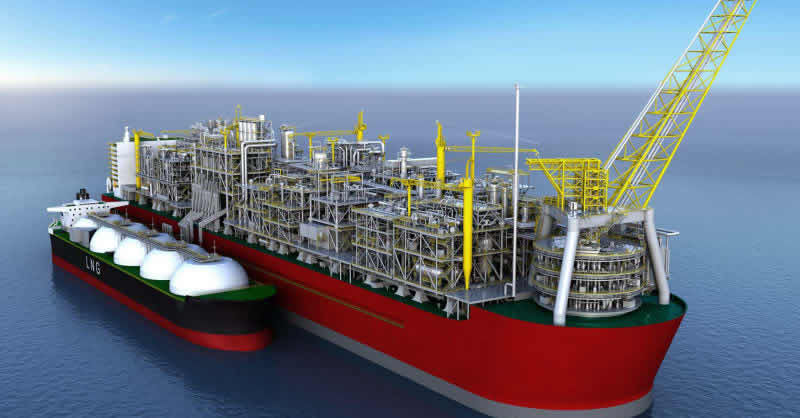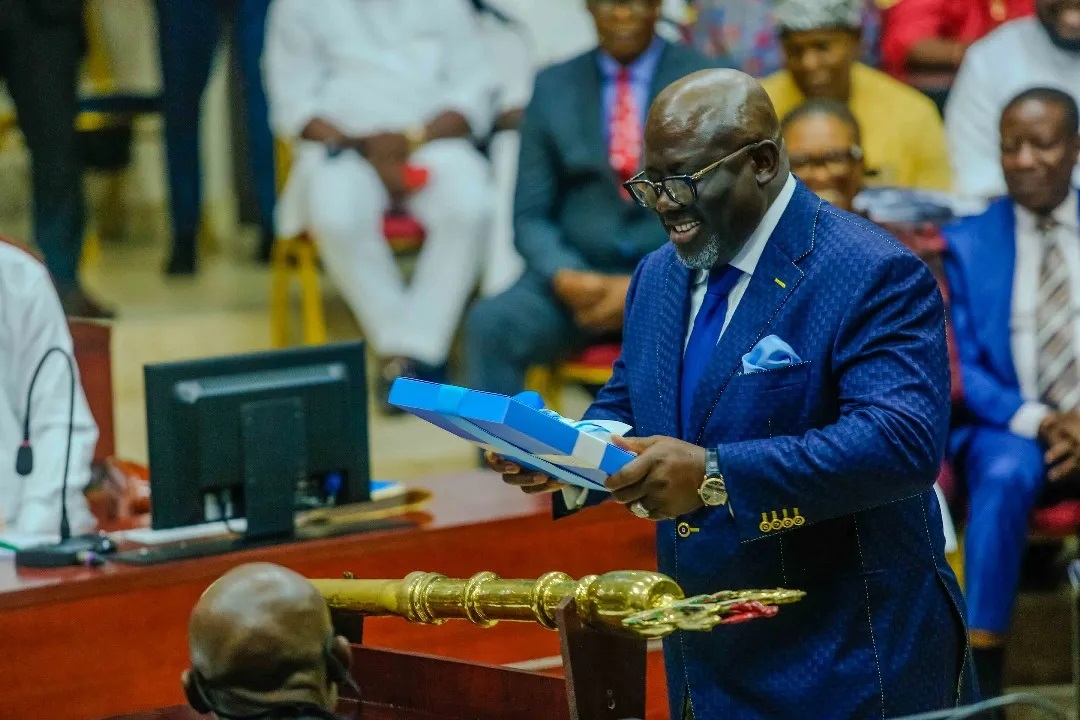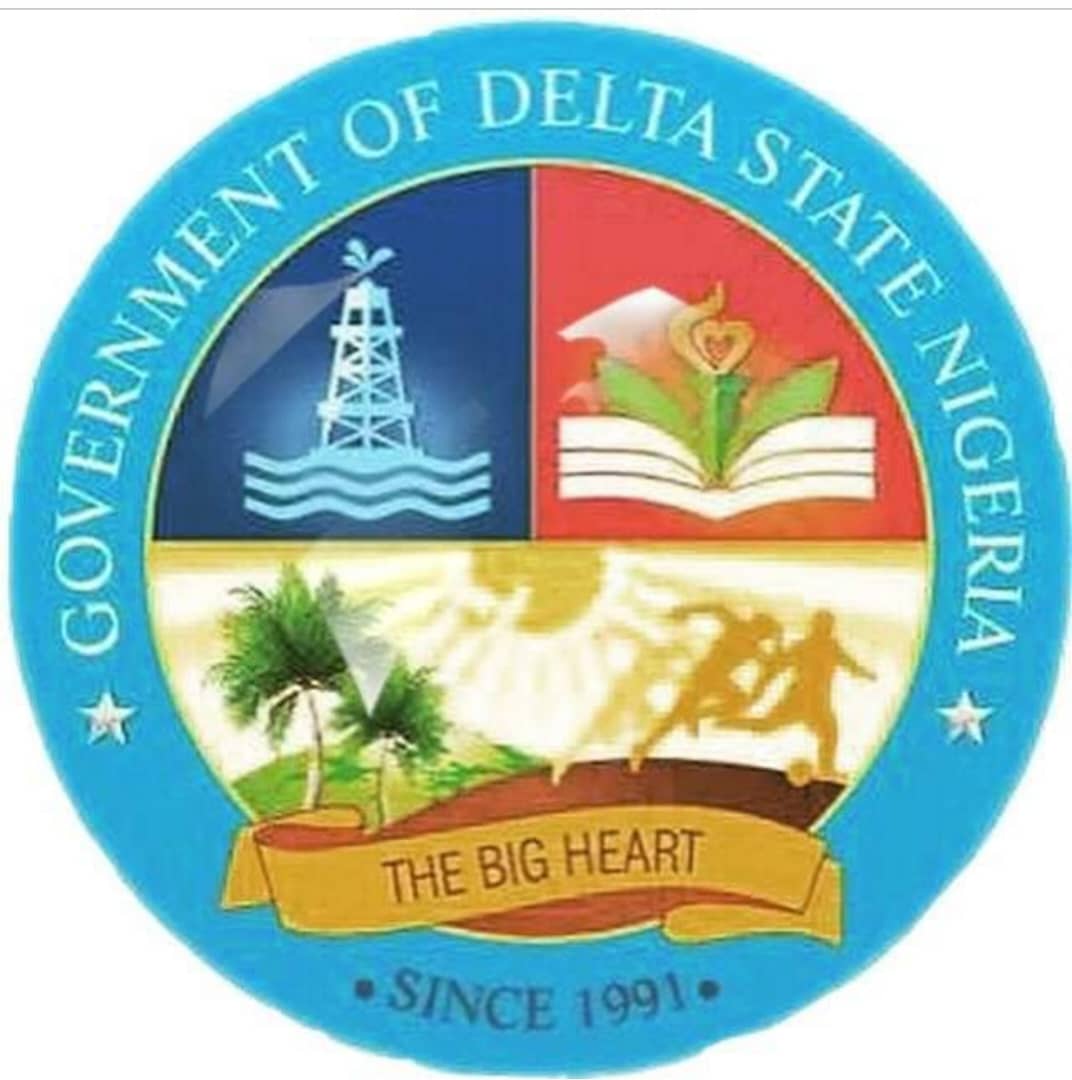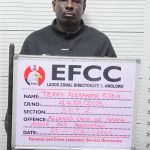Feature/OPED
Oliver Fejiro, Journalist Of Many Lies Against Delta State Government
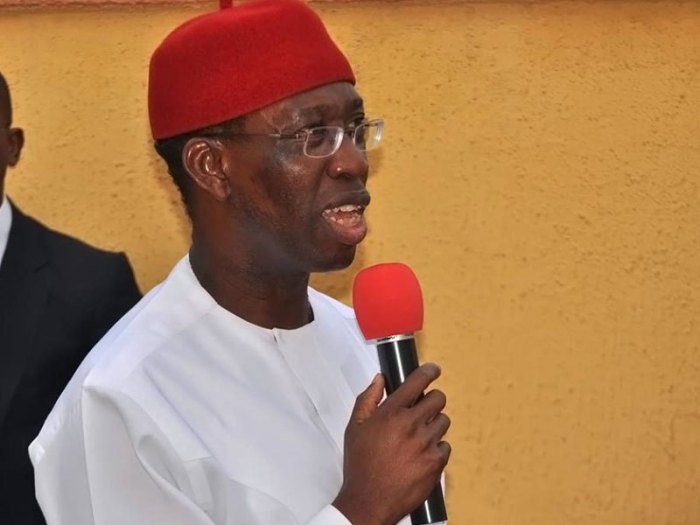
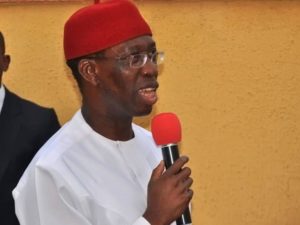
By Ephraim Okwuosa
In any credible democratic setting, it is elementary knowledge that a journalist is at liberty to think, decide and write on what is believed to be independent opinion on an issue that is topical or of common interest.
However, it is also low in logic and intellect for any journalist to assume that the right of free expression is a license to convey baseless, superfluous and reckless aspersions against some persons or group.
Indeed, any journalist that assumes such an exclusive preserve to create improper and unfair remarks without just, rational and legitimate basis is huge joke and disaster to professional journalism.
Unfortunately, the tendency of few journalists to misuse the seeming unbridled license extended to the practice of journalism is enormous minus for this honourable profession. This self-styled journalism of advancing skewed motives and biased reporting is quite evident in this era of new media where it has become a common practice to publish articles without thorough investigation.
Most of the time, this minority set of writers in their attempt to tarnish the reputation and dignity of their targets for self-interest, write scurrilous articles with conclusions that not only impute partiality but covey improper motives. Sadly, such reports are converse to tolerable standards in the conduct of proper journalism in Nigeria.
A telling example of such media negativity is found in a recent article, titled ‘Gov Okowa, Goodbye to Second Term’ by one Fejiro Oliver which was published in many online media. The write up which ought to have conveyed views that should provide credible reasons why the incumbent Governor Okowa of Delta State does not deserve a second term deviated entirely from readers’ expectation. Rather it dwelled on an unconnected but sensitive issue relating to Delta state Governor’s unwillingness to go the usual old way of sharing money amongst politicians and supposed friends including the writer, Fejiro.
Frankly put, it would not have even mattered whether or not the views expressed in the article are in favour or against Governor Okowa as it is a moral task of any responsible citizen in a democratic setting to hold their elected leadership accountable and critique or interrogate their policies which are considered bad.
Unfortunately, the article on prediction of 2019 Delta governorship elections is a far departure from constructive analysis on Governor Okowa’s performance or inadequacy in government.
That Oliver Fejiro’s article did not contain any meaningful deconstruction of the efforts or otherwise of the Delta State government is not strange but remains very disturbing and misleading in this modern era where readers reach conclusions based on newspaper opinions.
The write up which did not offer readers any genuine basis for judgement is best regarded as a work of fiction and deliberate attempt to advance deception through journalism. According to the writer’s comments on Governor Okowa, “As a governor, he’s extremely nice and dedicated to work. He has the heart of gold to deliver prosperity to Deltans.
He has the desire to truly make Delta the hub of industrialization and a commercial city of repute, but unfortunately swallowed by unseen hands that manipulate him”.
These remarks on Governor Okowa are very conflicting, self-contradicting and may not even call for any meaningful argument on the topic.
Unequivocally, from this singular narrative, it is obvious that the writer’s major focus was certainly not do any honest analysis on the Okowa’s administration or on what it portends for the people of Delta state but to pour a baggage of criticisms on the aides of the Governor.
In fact, it is very twisty, crude and unrefined for any responsible journalist to describe a Governor as good, yet openly stimulate fears into him that he is carrying burning coals in his hands because money is not being shared to persons termed political supporters.
Granted that in a democracy, it is the right of any person to express personal views on issues but from additional comments in Fejiro’s article, the substance in his allegations against Governor Okowa’s aides is of little value to good governance and appraisal of an administration’s performance.
Actually, If the real intent of the article was to embarrass and infuse confusion in the minds of the public about Delta State Government’s estimation, then the writer foundered on his weak ability to find quality logic and proof.
His introduction of half-truths that have no relevance to evaluating Okowa’s governance clearly buttresses the assumption that the assessment of Governor Okowa’s leadership was not a major interest.
Specifically, Fejiro’s political write up which lays great emphasis on Governor Okowa’s defiance to ‘share the money’ after his claim of personal meeting in which he proffered suggestions that have not been implemented probably for Delta State resources to be transferred to individual pockets of politicians and appointees is not only dubious, wicked but exposes his myopic and selfish interest which does not serve common good.
Fejiro’s lack of understanding that it is no longer business as usual is because he may not possess an analytical mind to do a simple analysis of the Delta State troubling financial situation nor can he understand that the nation’s recession era has a direct proportionate impact on the State’s revenue especially in the period where militant activities have affected oil derivation revenue and by extension resources of Delta State Oil Producing Areas Development Commission, DELSOPADEC’ which he mentioned has been deprived of appropriate funding.
The question herein, is what nature of development one should expect without cessation of violence.
In fact, Fejiro’s engagement in journalism based on distortion of facts to advance non-objective criticisms is very unacceptable. The writer’s spotlighting of Governor Okowa’s aides whom from several accounts refused to recognise him as a credible journalist or patronize his demands is outright blackmail and extortion on the part of Fejiro.
This was even affirmed by the writer in his remarks on his interaction with the Delta State Commissioner for Economic Planning, Kingsley Emu whom he mocked and adjudged as being a mediocre in politics for the disclosure that ‘the governor has blocked the loopholes through which funds are siphoned’. Perhaps, this private discussion could have taken place when Fejiro went soliciting for financial support.
Besides the above postulations and facts, truly, if Fejiro was of stable mind, he would have known that there would be historical obstacles to his career in the type of journalism he practices. The point herein is that if he thinks that time would have healed his self-inflicted wounds or blocked our memory on his past misdeeds, he has certainly failed on such assumptions by his quick return to public forum of controversy.
In fact, any time I read stories by Oliver Fejiro, I wonder at his claims of being an investigative reporter without an intrinsic probing mind and knack for details.
If really, investigative journalism were to be all about engaging in loose reporting ethics and blackmail, then Fejiro is on a good track.
Otherwise, he may just be counted as one of those that integrity means little to and would at any slight opportunity use such a title of investigative journalist to advance sinister motivations.
Indeed, it is actually shocking that Fejiro forgets that when he writes and publishes on new media, his old articles are readily available for review and critique. Indeed, after reading some of his previous articles where he praised the actions of Governor Okowa and his aides, my guess now is that his initial idea was to pretentiously promote the government with the expectation that so much millions of naira will be tossed in his pocket.
Obviously, when this ploy did not yield immediate harvest, he reverted to his plan B by terming Governor Okowa “a promise and fail politician” and began to attack the many aides of Governor. Unfortunately, for him, these aides may be more clever than he had rated them as they have little or no respect for him given his ugly antecedent of failed attempt at extorting the former Governor of Niger State, Babangida Aliyu, an incident which was foiled by the gallant officers of the Department of State Services and was widely reported in National news media.
From all superior logic, Fejiro cannot be regarded as an asset to credible media and journalism in Nigeria.
Certainly, he is not the everyday journalist that is satisfied with “thank you for coming’ brown envelop even in all its dishonourable forms. Rather, he runs a media outfit a.k.a ‘Secret Reporters’ which he purports conducts investigative journalism but in reality it is a phony scheme with a special agenda that is alleged to be a first class brand of blackmailers which not only churns out negative stories but manufactures lies to make them look like truth against individuals he has marked out for extortion.
That the aides of a governor are not collaborating with a particular journalist cannot be termed a political negative against such a Governor but Fejiro definitely feels different on this and he is entitled to his opinion. Nevertheless, from every good judgement and wisdom, it is easy to decipher that there is a bit more to Fejiro’s motivation in journalism. Particularly, his remarks that some persons in Delta State are not happy probably because money is not being distributed, suggests that Fejiro must be seen as he is, a nagging worry for more money. His deliberate, motivated and calculated attempt to bring down the image of the Governor in the estimation of the public because of self-aggrandizement is quite disappointing too.
Any credible journalist should be aware of the diminished economic situation in Delta state as an oil producing State but to Fejiro, everything else is less important including the Governor’s attempt in tackling the high levels of poverty and ensuring equity through the new job creation initiative, improved security, construction of link roads in all sections of the State, appointment of political appointees across the state, facilitation of visible major socio-economic development, struggle to ensure monthly salary are paid to oversized sixty thousand civil servants, bridging gap in communication with the governed through establishment of a very vibrant Orientation Directorate and credible efforts to sustain on-going economic empowerment of youths and women. In truth, if Fejiro was not blinded by falsehoods, he would have noticed that all these bear testament to the quality leadership of his state Governor that operates with less than a third of monthly revenue earned by his predecessors.
In any case, such achievements remain a visible chapter in the Governor Okowa’s less than two years stay in office and are signposts of developments ahead.
Specifically, on Fejiro’s ranting on Governor Okowa’s appointment his personal aides from his region, I doubt if any politician will resist the temptation to do what is needful provided it does not affect the even distribution of major appointments across the State.
Fejiro’s reference on alleged payment of two billion naira for Asaba airport safety enhancement by the State Government is false.
In fact, from this it is obvious that Fejiro is a man that is comfortable with conflicts and engages in a spiral of distortion of facts.
Perhaps, this could have been his reason for stating that a project which is contractor financed through a bank guarantee and under the direct supervision of certified experts by the Nigerian Aviation Authorities has been paid for.
Again, his analysis on Delta Sports Commission is clear exhibition of ignorance because what the former Governor Uduaghan disbursed as monthly grant to the Commission through his in law, Amaju Pinnik which Fejiro referenced to as a performer is more than what the present leadership of the same Sports Commission has collected in the past one year despite the fact that it being headed by Tony Okowa, a seasoned politician and brother of Governor Okowa.
This is where it is expected that the fundamental action for Governor Okowa’s media aides should be to call for an end to Fejiro’s impunity and engagement in falsehood by providing credible evidence to counter Fejiro’s many lies especially given that a lie becomes truth when it is repeated without objection.
From Fejiro’s antecedent, he appears like a man trapped in a lazy world of blackmailers that use the media to persuade people to think and behave in a certain manner that will ensure that money is disbursed to him. Indeed, his style of journalism not only makes a caricature of many credible unbiased media outfits that erroneously publish his lies but creates anxiety in the minds of the reading people on the quality and integrity of Nigerian journalism.
The only comfort herein, is that Fejiro’s practice of journalism will in little or no time be crushed by greed and selfishness.
Fejiro’s unceasing desire to write Okowa’s government to tatters with a plethora of half-truths cannot change the reality in Delta State recent improvements.
In truth, Ifeanyi Okowa may not really be an angel in politics because it is calling where angels don’t thrive, however, he remains a man that stands head and shoulders above his predecessors given his leadership style and work done with minimal resources.
For now, let the leadership in Delta State remain focused and undistracted by Fejiro’s tricks as 2019 elections will confirm the veracity of claims in favour or against Governor Okowa.
Dr Ephraim Okwuosa is the co-ordinator, Anti-Corruption Advocates, Area 11, Garki, Abuja
Feature/OPED
Of Mandate Group, Delta Unity Group and Delta 2027
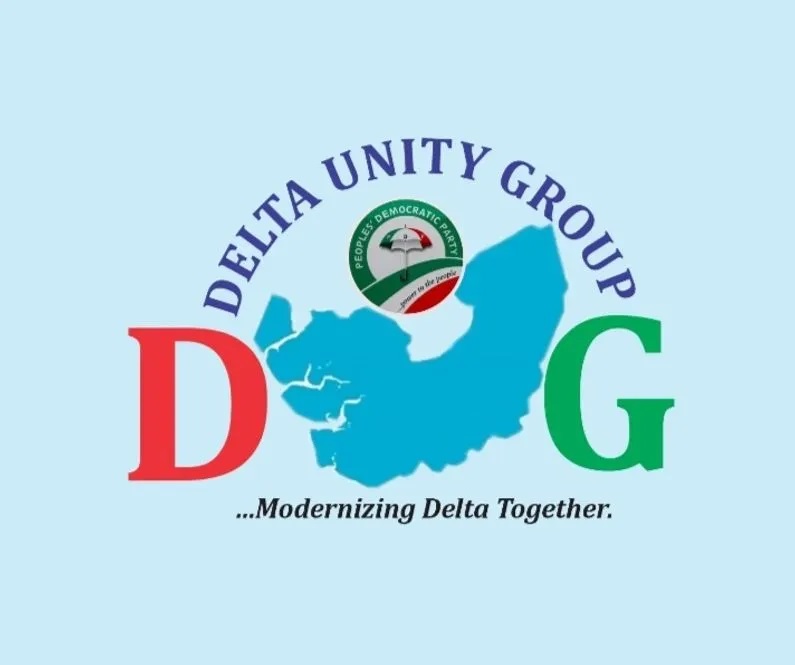
By Jerome-Mario Utomi
The April 12, 2025, defection of members of the Delta Unity Group (DUG) to the All Progressive Congress (APC) signposts a major political shift in Delta’s politics.
Pundits believe that the Peoples Democratic Party (PDP) which presently controls the state needs a miracle to win Delta’s 2027 governorship election given the massive haemorrhage that has hit it. Essentially, the over 10,000 members of the DUG and their supporters who defected to the APC were made up of seasoned grassroots PDP chieftains.
The defectors were received by the National Chairman of the All-Progressive Congress (APC), Mr Abdullahi Umar Ganduje, Governor Monday Okpebholo of Edo State, and the Chairman of the Governing Board of the Niger Delta Development Commission (NDDC), Mr Chiedu Ebie, alongside other notable political figures in Delta State.
So far, Deltans are enamoured by the significant political shift with many describing the development as a political earthquake which was long overdue. Because of its grassroots orientation, political analysts have likened the DUG to the Mandate Group, an independent political pressure group that midwifed the election of Mr Bola Tinubu, now President, as Lagos State Governor in the late 1990s.
In the run up to the 2023 presidential election, among so many objectives, the group was primed and positioned to defend President Tinubu’s mandate and promote democracy, unity, justice, and liberty in Nigeria, mobilize support for him and Vice President Kashim Shettima’s administration, Promote Unity and Justice: Foster national unity, justice, and liberty for all Nigerians among others.
The Mandate Group which has established structures in all 36 states, with plans to launch state chapters and currently have 580,000 members in Lagos and aim to reach 40 million members nationwide within the next 12 months, targets various segments of society, including: Students, Workers, Artisans, Teachers, Fishermen, Farmers and Women.
In like manner, the DUG has emerged as a third force in Delta State politics. Although it is not a new body, it has, over the years, been quietly bestriding Delta’s political landscape for the good of the state. Call it a third force in the politics of Delta State, and you won’t be wrong because, from all ramifications, that is what DUG represents.
DUG is by no means a political party, but, as the name implies, it is a Delta State based political pressure group convened a few years ago by the selfless, foresighted and influential trio of Mr Olu-Tokunbo (Lulu) Enaboifo, Mr Chiedu Ebie and Sir Itiako (Malik) Ikpokpo.
Their aim and dream were to establish a political pressure group with an agenda to modernize Delta State and also serve as the brain box of the campaign platform of Olorogun David Edevbie, who was vying for the governorship candidate of PDP towards the 2023 gubernatorial election.
Even though the aspiration ended with the Supreme Court ruling in favour of Governor Sheriff Oborevwori of Delta State, the DUG remained a strong force that started building gradually on the dream of a modernized Delta State. DUG has an organizational structure of 17 National Executive Council members, a Board of Trustees, and Local Government Executives in all the 25 local governments in Delta State, with Ward Executives in all the wards across Delta State, DUG is deeply rooted in the grassroots of Delta State with its cell-like structures.
Prior to the 2023 election, a wing of DUG, at the Obinoba Declaration, crossed over to APC, where the APC governorship candidate, Mr Ovie Omo-Agege, described them as the intelligent wing of PDP.
The group significantly made a huge difference in the 2023 general elections in Delta State. The DUG members in the Delta North Senatorial District, at that point in time, remained with PDP and after full deliberation and strategizing, opted to support the candidature of the APC governorship candidate and all other candidates of APC, even though they had not formally left the PDP. Consequently, most of them were either suspended or cast away by PDP after the elections.
It was easy to blend and work harmoniously with the progressives due to the progressive mindset of DUG members. After the 2023 general elections in Delta State, DUG members of Ika Federal Constituency continued to align and work closely with the APC to strengthen the party and ensure that it is properly positioned to convert the Ika Federal Constituency to an APC constituency come 2027.
To the glory of God, President Tinubu found DUG’s co-founder/convener, Mr Ebie, fit to chair the Governing Board of the NDDC in 2023. This further gave the DUG more vigor to project the Renewed Hope Agenda of the progressive governance of Mr President. Following this appointment, Ika Federal Constituency became the heartbeat of DUG in Delta State, which has now radiated positively to Ndokwa/Ukwuani and Aniocha/Oshimili Federal Constituencies in Delta North.
This wave, which has led to the massive decamping of members of PDP and the Labour Party into DUG in preparation for absorption into the APC, has also witnessed the reactivation of some dormant APC ambers and the massive welcoming of previously non-partisan and newly retired civil servants into the APC, having witnessed the positive impact of the Renewed Hope Agenda of Mr. President.
Because the group was fully poised for the reconfiguration of Delta State in the progressive fold of the APC, it is therefore, not surprising to witness the humongous crowd that emptied into APC on 12th day of April, 2025 in Agbor, Ika Federal Constituency, Delta State.
Going by the above development, it is obvious that come 2027, Ika nation in particular and Deltans in general shall witness the dethronement of People’s Democratic Party, PDP, in the state and enthronement of a people focused leadership to be formed by the All Progressive Congress, APC, in line with President Bola Ahmed Tinubu’s Renewed Hope Agenda.
Utomi, a media specialist, writes from Lagos, Nigeria. He can be reached via Jeromeutomi@yahoo.com/
Feature/OPED
Piracy in Africa’s Creative Sector: How Creators Can Protect Their Content

Africa’s creative industries, from music and film to fashion, writing, and branding, are experiencing remarkable growth. However, as the sector flourishes, so do the threats posed by piracy and copyright infringement. Without proper protection, creators risk losing the value and recognition they deserve for their original work.
Copyright remains the first and most important line of defence. In many African countries, copyright protection begins automatically once a creative work, such as a song, logo, film, or design, is fixed in a tangible form. This protection can last for the creator’s lifetime, and in most cases, up to 70 years after. Yet, while automatic copyright provides a foundation, official registration strengthens legal standing and can be critical in resolving disputes.
When a creator’s work is used without permission, the violation must be addressed swiftly. Experts advise that the first step is to gather evidence—screenshots, URLS, timestamps, user details, and even data showing engagement or financial gain from the misused content. Proof of ownership, such as original files with timestamps, draft versions, or social media records of earlier uploads, is equally vital.
“Creators should always have proof of ownership ready,” says Frikkie Jonker, Director of Anti-Piracy at MultiChoice. “That could be anything from original project files to old emails or posts. It’s one of the most effective tools in enforcing your rights.”
Once evidence is collected, creators can issue takedown requests through social platforms or send formal cease-and-desist letters to website owners or hosts. Although enforcement processes differ by country, most African nations have copyright laws aligned with global standards like the U.S. DMCA. In many cases, showing credible ownership is enough to have infringing content removed.
If infringement continues or is being done at scale, such as by piracy rings or repeat offenders, creators may need to escalate the issue by reporting it to national copyright commissions or law enforcement. Efforts are also being bolstered across the continent through cooperation under agreements like the African Continental Free Trade Area (AfCFTA), with international bodies like Interpol, Afripol, and WIPO supporting cross-border enforcement.
Preventative measures are just as important. Creators are encouraged to use tools like digital watermarking and content fingerprinting to protect their work from unauthorised use online. Furthermore, smart monetisation strategies, such as YouTube’s Content ID syste,m can allow creators to earn revenue even when their content is reused without prior permission.
By understanding their rights, taking proactive steps to protect their creations, and using available technologies, African creatives can safeguard their work while continuing to build sustainable, long-term careers.
Feature/OPED
A Journey Through Policy: My Personal Experience
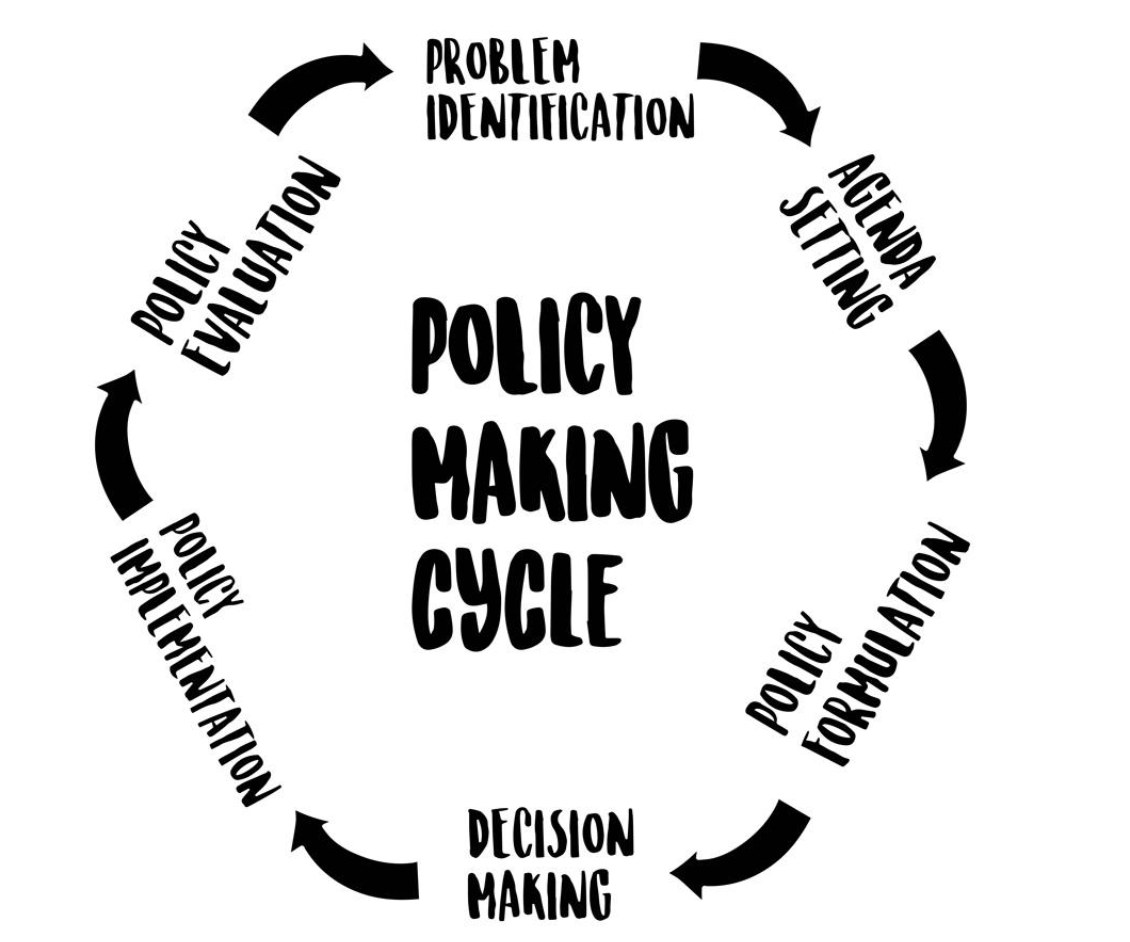
By Saifullahi Attahir
If there was ever anything that gave me goosebumps and immense pleasure, it was being surrounded by intellectuals and mature minds absorbing facts and figures about governance, economics, public health, policymaking, national security, and international relations. In such situations I easily lose myself, forgetting almost all other things.
Even at medical school, my best lectures were those with frequent digressions, whereby the lecturer would discuss the pathogenesis of diseases for 30 minutes and later sidetrack into discussing politics, governance, or other life issues. I always enjoyed classes led by Prof. Sagir Gumel, Dr. Murtala Abubakar, Dr. Rasheed Wemimo, Dr. Aliyu Mai Goro, and co.
During such lectures, I often observed some of my colleagues disappointment for such deviation. I rather casually show indifference, for I was eternally grateful for such discussions due to the stimulatory effect they had on my mind.
After such classes, I sometimes followed up with the lecturer, not to ask about a medical concept I did not grasp, but to ask for further explanation on policy making, project execution, budgetary expenditures, why African countries are left behind, and similar pressing issues.
In situations where I can’t catch up with the lecturer, I jotted down the questions for further deliberation.
One of the manifest feature I know about my greediness was at reading books. I can open five different books in a day. I lack such discipline to finish up one before another. I can start reading ‘Mein Kampf’ by Adolf Hitler, and halfway through 300 pages, I would pick up ‘My Life’ by Sir Ahmadu Bello, and would have to concurrently read both until the end.
I often scolded myself for such an attitude, but I can’t help myself. The only way to practice such discipline was to at least read two different books in a day. Such was a triumph in my practice of self-discipline. This was apart from my conventional medical textbooks.
To some of my friends, I was called an accidental medical doctor, but actually it was a perfect fate guided by the merciful Lord that I’m studying medicine.
For it was only medicine that makes reading books easier for you. Although time is precious in this profession, but one finds it easier to do anything you are passionate about. The daily interaction we have with people at their most vulnerable state was another psychostimulant. Seeing humans suffering from disease conditions is heartache. Some of the causes are mere ignorance, poverty, superstitions, and limited resources.
The contribution one can give couldn’t be limited to just prescribing drugs or surgical procedures that end up affecting one person. It’s much better to involve one self in to position that may bring possible change to the whole society even in form of orientation.
What also motivated me more was how I wasn’t the first to traverse this similar path. Bibliophiles were common among medical students and medical professionals.
At international level, the former Prime Minister of Malaysia, Dr. Mahathir Muhammad, was a physician.
Most of the current economic development of Malaysia was attributed to him. The South American revolutionary figure Che Guevara was a physician. Atul Gawande was an endocrinologist, health policy analyst, adviser to former President Obama, campaign volunteer to former President Bill Clinton, and adviser to USAID/WHO on health policies.
Frantz Fanon was another physician, psychiatrist, racial discrimination activist, and political writer. Dr. Zakir Naik was a renowned Islamic scholar, comparative religion expert, and physician.
At the national level, Prof. Usman Yusuf is a haematologist, former NHIS DG, and currently a political activist. Dr. Aminu Abdullahi Taura was a psychiatrist and former SSG to the Jigawa state government. Dr. Nuraddeen Muhammad was a psychiatrist and former cabinet minister to President Goodluck Jonathan.
During ward rounds and clinics, my mind often wanders to enquire not just about the diagnosis but the actual cause of the disease condition; why would a 17-year-old multiparous young lady develop peripartum cardiomyopathy (PPCM)? Why would a 5-year-old child develop severe anaemia from a mosquito bite? Why would a 25-year-old friend of mine develop chronic kidney disease, and his family would have to sell all their belongings for his treatment? Why are our Accident and Emergency units filled with road traffic accident cases? Was it bad road conditions or lack of adherence to traffic laws and orders?
Why are African countries still battling with 19th century diseases like Tuberculosis, filariasis, and malarial infections? Why issues of fighting cervical cancer and vaccination campaigns are treated with contempt in our societies? Why access to basic primary healthcare in Nigeria was still a luxury 50 years after Alma Ata declaration?
The questions are never-ending…
Answers to these questions could be found not in the conventional medical textbooks like Robbins/Cotrand, Davidson, or Sabiston. Answers to these questions are there on our faces. Answers to these questions are tied to the very fabric of our social life, our public institutions, our culture, and our life perspectives.
In order to make any significant contribution towards the betterment of this kind of society, it would be quite easier as an insider rather than an outsider. You can’t bring any positive outcome by just talking or commenting. It was rightly stated that a cat in gloves catches no mice.
The real players in a game are always better than the spectators. A player deserves accolades despite his shortcomings, frequent falls, and inability to deliver as planned theoretically. For the player has seen it all, because so many things in public life are not as they appear. It’s only when you are there that the reality becomes visible. This is the reason why many leaders who have goodwill and enjoy public support appear to have lost track or contributed insignificantly when elected or appointed into office.
But despite all these challenges, one can’t decline to do something good just because something bad might happen. The risk is worth it….
Attahir wrote from Federal University Dutse
-

 Feature/OPED5 years ago
Feature/OPED5 years agoDavos was Different this year
-
Travel/Tourism9 years ago
Lagos Seals Western Lodge Hotel In Ikorodu
-

 Showbiz2 years ago
Showbiz2 years agoEstranged Lover Releases Videos of Empress Njamah Bathing
-

 Banking7 years ago
Banking7 years agoSort Codes of GTBank Branches in Nigeria
-

 Economy2 years ago
Economy2 years agoSubsidy Removal: CNG at N130 Per Litre Cheaper Than Petrol—IPMAN
-

 Banking2 years ago
Banking2 years agoFirst Bank Announces Planned Downtime
-

 Sports2 years ago
Sports2 years agoHighest Paid Nigerian Footballer – How Much Do Nigerian Footballers Earn
-

 Technology4 years ago
Technology4 years agoHow To Link Your MTN, Airtel, Glo, 9mobile Lines to NIN






